|
The UN’s peacekeeping missions are in danger of failing because too much is expected of them. Not only have their mandates become more complex, but they’re also expected to minimise casualties and to work within increasingly tight budgets. Alexandra Novosseloff argues that peacekeeping has fallen into the same traps again and again because the UN has shied away from recognising these contradictions.
There were some very important developments in Russia last week. President Vladimir Putin announced plans to radically change the nation’s constitution. At first glance it sort of looked like he was giving himself less power. But, explains Richard Sakwa, Putin is actually finding canny ways to ensure his influence continues.
|
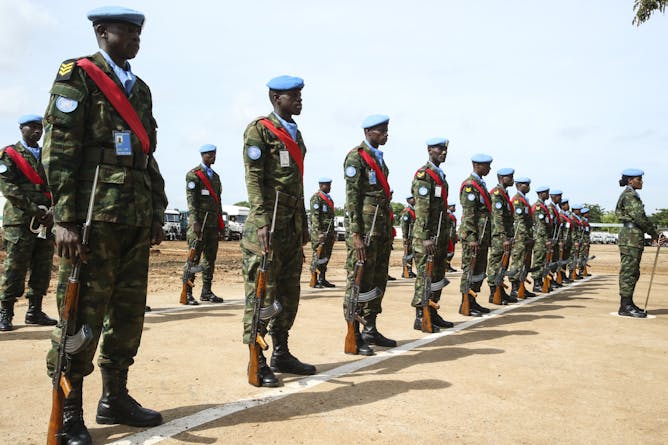
The UN peacekeeping mission in South Sudan.
UN/Isaac Billy
Alexandra Novosseloff, Université Paris 2 Panthéon-Assas
Unless member states try to solve the contradictions in expectations, UN peacekeeping will not be fit for purpose in the future.
|
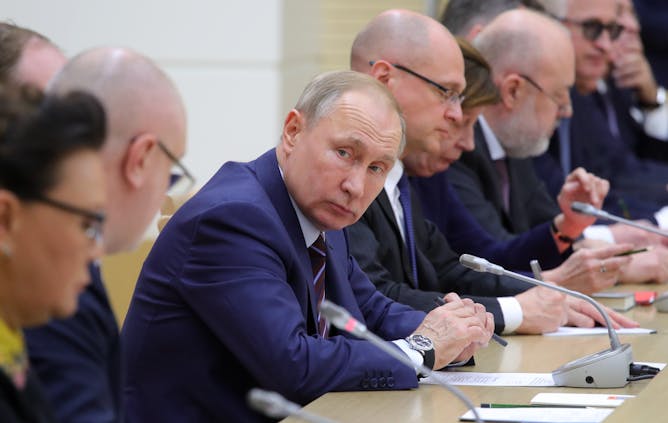
Vladimir Putin: let’s make these changes.
Michael Klimentyev/Sputnik/EPA
Richard Sakwa, University of Kent
The seven ways Vladimir Putin wants to change Russia's constitution.
|
Business + Economy
|
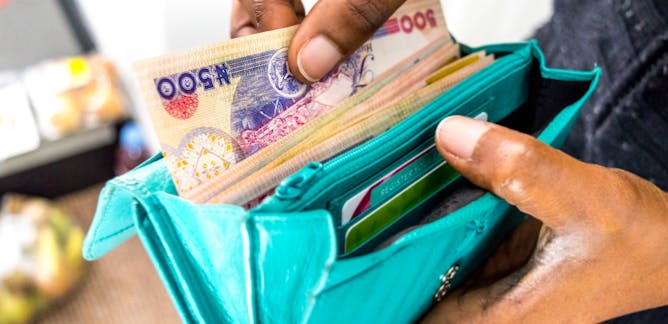
Sheriffdeen Tella, Olabisi Onabanjo University
The World Bank's latest report on Nigeria deserved closer scrutiny, just like the opinions of economic experts outside government.
| |

Jen Snowball, Rhodes University
Trade in cultural goods and services offers emerging markets an opportunity to benefit from their cultural capital and globalisation.
|
|
|
Politics + Society
|
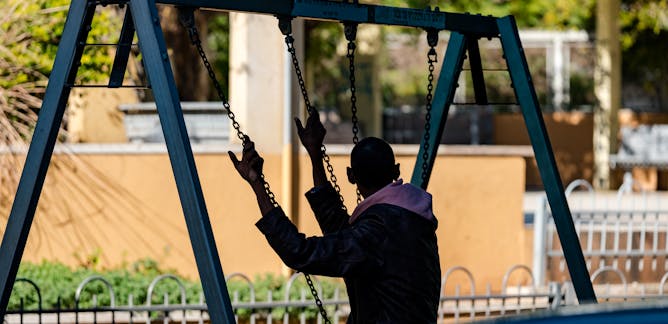
Victor Counted, Western Sydney University
Migrants benefit from attachment experiences that help them form a sense of belonging, build resilience and negotiate their quality of life.
| |
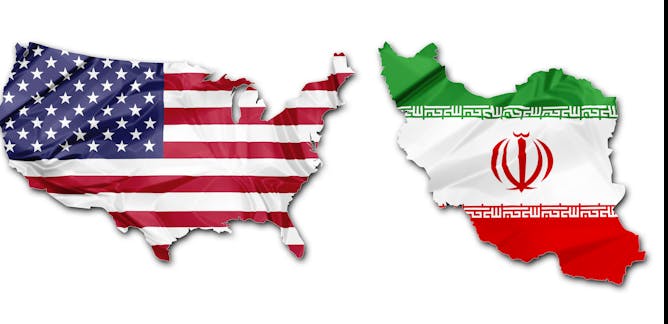
Jeffrey Fields, University of Southern California – Dornsife College of Letters, Arts and Sciences
Some of the major events in US-Iran relations highlight the differences between the nations' views, but others presented real opportunities for reconciliation.
|
|
|
Arts + Culture
|
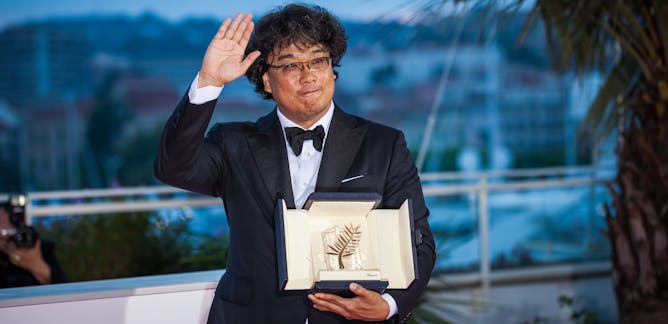
Agata Lulkowska, Staffordshire University
The first Korean film to secure a best picture Oscar nomination is a testament to the international appeal of K-cinema.
| |
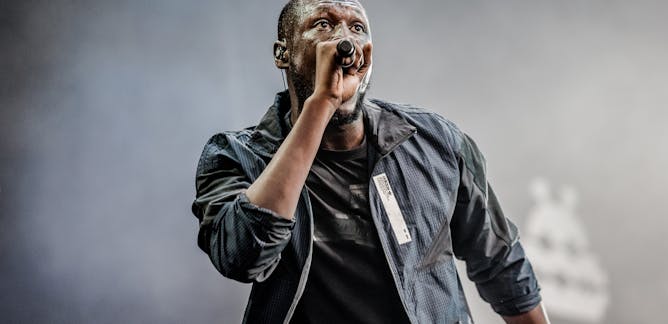
Roaa Ali, University of Manchester
Why shouting diversity just doesn't cut it if the system is designed to keep people out.
|
|
|
Environment + Energy
|
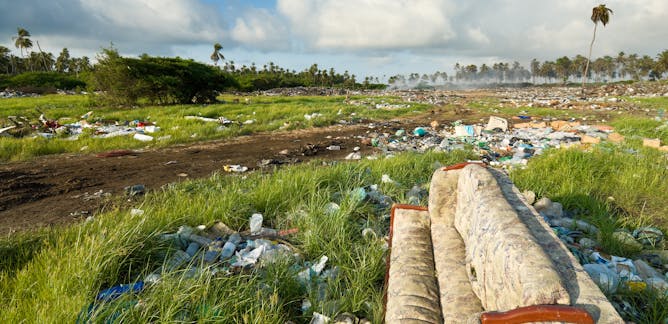
Clyde Eiríkur Hull, Rochester Institute of Technology; Eric Williams, Rochester Institute of Technology
To manage plastic wastes, nations first need to know what they have and where it's coming from. A case study from Trinidad and Tobago shows how this approach can help identify solutions.
| |

Elisha Bayode Are, South African Centre for Epidemiological Modelling & Analysis (SACEMA) ; John Hargrove, South African Centre for Epidemiological Modelling & Analysis (SACEMA)
Mathematical modelling tools may predict where tsetse flies are being driven to extinction.
|
|
|